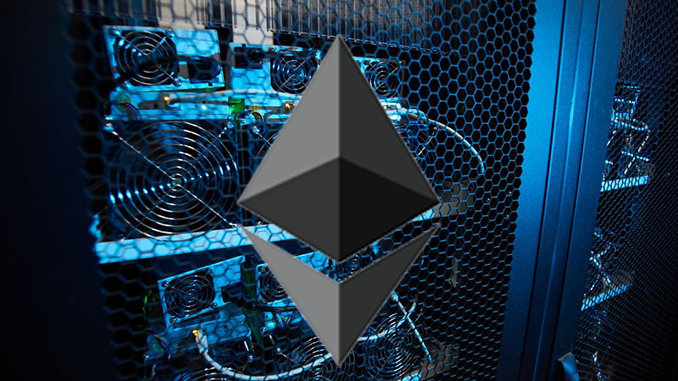
Barely a week ago, the cryptoscene was amazed at two times 2.6 million US dollars in Ethereum (ETH), which were paid as fees for each transaction. The two mining pools where the money ended up react differently.
What would you do if you happened to find a larger sum of money? The question is currently being asked in the world of Ethereum (ETH), where two million finds made the headlines last week. Apparently someone who wanted to send ETH from his account had mixed up details and offered the equivalent of 2.6 million US dollars to validate his transfer. Ethereum calls these fees for the use of the block chain “gas”, and such a transfer costs at best 0.50 US dollars. The same ETH sender initiated a second transaction with the same conspicuous error. This money was found by the mining pools Ethermine and Spark Pool in their core business, the mining of new blocks.
Honest finder vs. honest Blockchain
In itself, a mining pool distributes its profits automatically and transparently to the participants. But with such a surprise find – can you simply stick to the agenda? Ethermine said “yes”, Spark Pool is still unsure.
Ethermine tweeted through its parent company Bitfly that they had waited four days and were now distributing the ETH in question to the pool participants. And this is how they will proceed in the future.
As the sender of the transaction https://t.co/h21A2Th4fw has not contacted us after 4 days we have made the final decision to distribute the tx fee to the miners of our pool. Given the amount involved we believe 4 days is sufficient time for the sender to get in touch with us.
— Bitfly (@etherchain_org) June 15, 2020
Spark Pool in turn is still searching via Twitter for the sender of the million-dollar fee and offers him the prospect of an amicable solution. However, as with Etheremine, Spark Pool has not yet received any feedback that would prove that it is the sender in question.
We are further investigating the incident of unusually high tx fee, and you are welcome to provide clues to support@sparkpool.com. SparkPool has had the experience of handling similar issues properly. There will be a solution in the end. https://t.co/mZc49Q0Y4r
— SparkPool.eth (@sparkpool_eth) June 10, 2020
If you read the discussions on Twitter about the decisions of Etheremine and Spark Pool, you’ll quickly understand that dealing with the situation touches on a fundamental issue in the crypto-scene. There is one camp that insists on accepting the results of a block chain under all circumstances. And there is the one camp that shows understanding for mistakes and advocates a reversal. At ETH, this dilemma also led to the hard fork after the DAO hack of 2016 and the splitting off of Ethereum Classic.
Conclusion: Justice is relative even in the Blockchain
Bitcoin and Co. actually want to exclude unwanted interference in their concepts. But even with hacks on crypto exchanges, for example, the question quickly arises whether questionable coins should not be blocked. So where are you located? Would you agree to a finder’s fee? Or is it the fault of the person who loses his capital unhappily? It remains complicated and moral questions like the one we are currently facing at Ethereum will not be the last we hear.
Best place to buy Bitcoin and Ethereum:

Leave a Reply